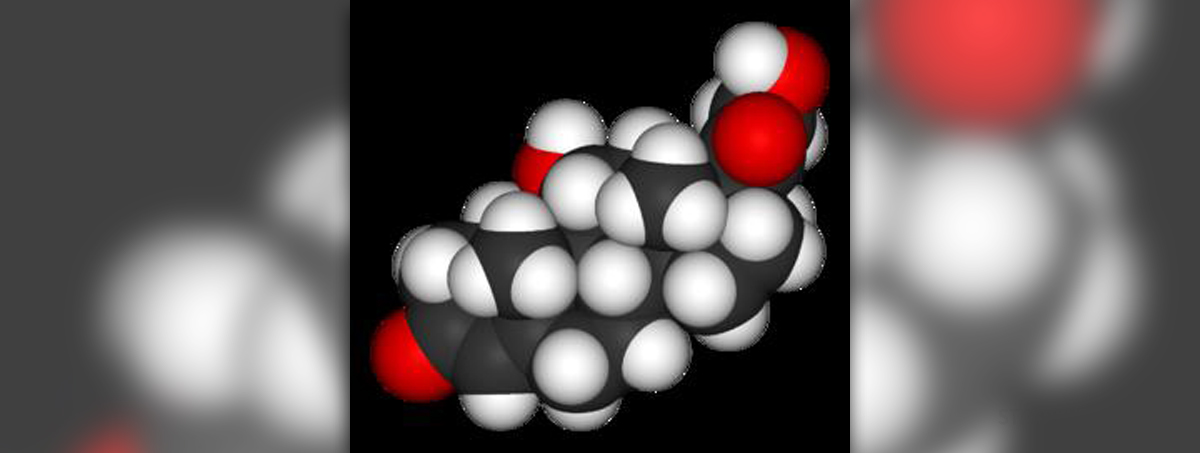
Low cortisol levels can cause extreme exhaustion and many other symptoms that can sometimes be life-threatening. This condition can be caused by chronic stress or certain underlying medical problems. Let’s find out what is cortisol and what the symptoms and causes of low cortsiol levels are.
What is Cortisol?
Cortisol is a steroid hormone produced in the adrenal gland which binds to the glucocorticoid receptor found in all cells of the body. The glucocorticoid receptor plays an important role in regulating immune response, development and the metabolism of glucose.
The major functions of cortisol include suppressing the immune system, helping the body to use fats, proteins and carbohydrates for energy and increasing blood sugar through gluconeogenesis. Gluconeogenesis is a metabolic pathway that involves production of glucose from non-carbohydrate carbon substrate like glucogenic amino acids, lactate and glycerol. Through this process cortisol maintains levels of blood glucose, preventing them to drop too low and result in hypoglycemia.
Low cortisol levels cause symptoms that indicate adrenal fatigue or overuse. All kinds of stress experienced for a long period of time affect the adrenal glands resulting in severe fatigue that can cause variety of different symptoms.
Low Cortisol Levels Symptoms
Cortisol suppresses the immune system thus suppressing both the inflammatory and healing processes. When these body reactions are arrested due to elevated cortisol in response to stressful situation, the whole system is put on a red alert and the body is prepared for immediate survival.
Abnormal functioning of the adrenal glands and other causes can result in fall in the cortisol levels. This can cause numerous symptoms such as shakiness, unexplained paranoia, panic attacks, persistent fatigue, general weakness, emotional hypersensitivity, inability to handle stress, angry outbursts, irritability and anxiety.
Low cortisol levels also cause physical symptoms including headache, muscle weakness, joint and muscle pain, dizziness, lightheadedness, body aches, mild to severe hypoglycemia, dark circles under eyes, motion sickness, difficulty sleeping, sudden bouts of extreme hunger, frequent urination, flu-like symptoms, darkening of the skin, loss of appetite and diarrhea.
Furthermore, low cortisol levels can lead to depression, clumsiness, dehydration, salt cravings, hypotension, frequent urination, sensitive skin and mood changes. Low cortisol levels also aggravate allergic conditions.
Causes of Low Cortisol Levels
Low cortisol levels may result out of adrenal insufficiency that develops when the adrenal fails to produce enough cortisol due to exhaustion or damage to the gland. Cortisol levels then may continue to drop due to hypothatalamic indiferenece in which the hypothalamus stops responding to low cortisol levels.
Physical shocks and trauma like hemorrhage and pregnancy can also lead to fall in cortisol level. Removal of the adrenal glands performed in case of cancer can lead to increase in production of ACTH which results in low cortisol level.
- www.nhs.uk/conditions/addisons-disease/diagnosis/
- medlineplus.gov/ency/article/000357.htm
- Photo courtesy of Benjah-bmm27 by Wikimedia Commons: commons.wikimedia.org/wiki/File:Cortisol-3D-vdW.png

















Your thoughts on this
Loading...